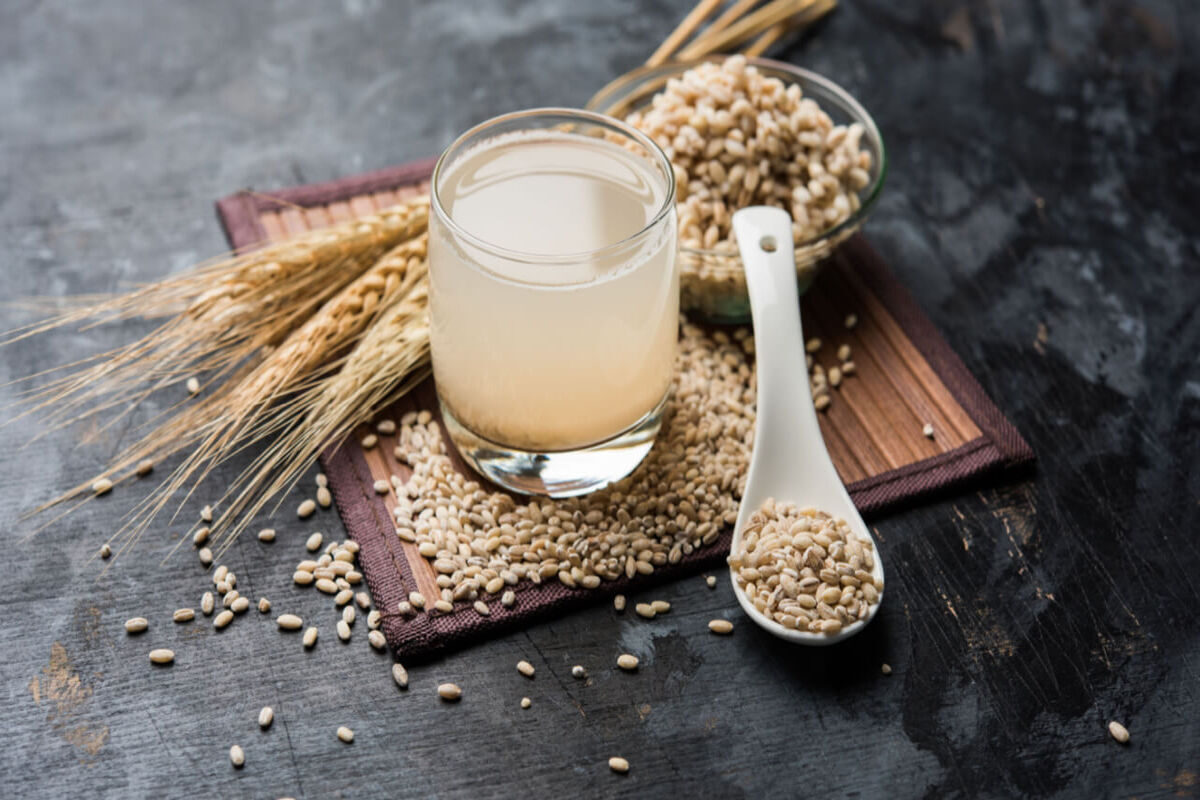A recent research review, conducted by Dr. Vladimir Vuksan at St. Michael’s Hospital, stated that consuming barley or products containing barley products ceases components of “bad cholesterol”–low-density lipoprotein (LDL) and non-high density lipoprotein (HDL) levels by seven percent. Published in The European Journal of Clinical Nutrition, the paper also emphasizes that barley is shown to be equally effective as oats in reducing bad cholesterol levels and overall cardiovascular risk.
One of the major risk factors for cardiovascular disease are surging cholesterol levels and diabetes. Although, drugs form the primary therapy, it is also pertinent to consider dietary and other lifestyle modifications that can make a lot of difference in curbing down the risk factors. The review encompasses 14 clinical trials from seven countries, including Canada and is the first to investigate the effects of barley on LDL, non-HDL and apolipoprotein B (apoB); a lipoprotein carrying total bad cholesterol in the blood.
According to the review, many studies have documented barley’s positive effects not only towards lowering bad cholesterol but also apoB, which is a pivotal element in assessing cardiovascular risk. These findings hold much importance for high risk populations (e.g. Type 2 diabetes) who show normal LDL levels but actually have high non-HDL or apoB levels. Benefits of barley consumption is not limited to just high-risk populations but also people without cholesterol hike since it is fibre-rich; has twice the protein and half the calories of oats. Consumption of barley to cut short cardiovascular risk has already been implemented in the Canadian strategy. Several other authorities have also approved health benefits of barley.



